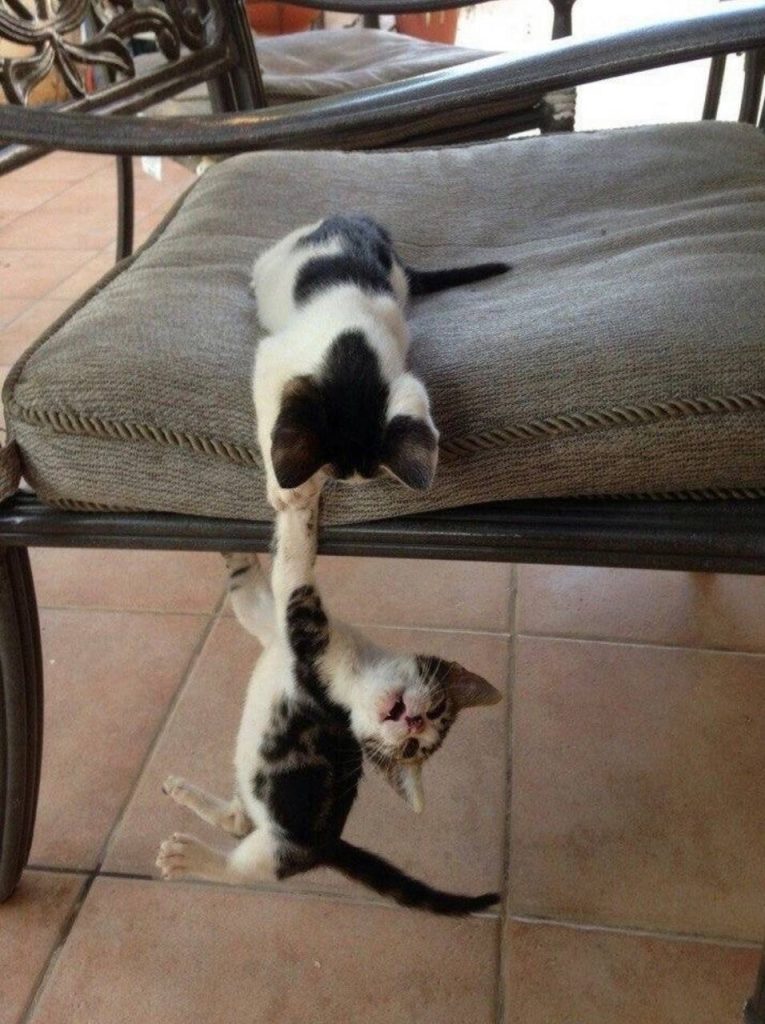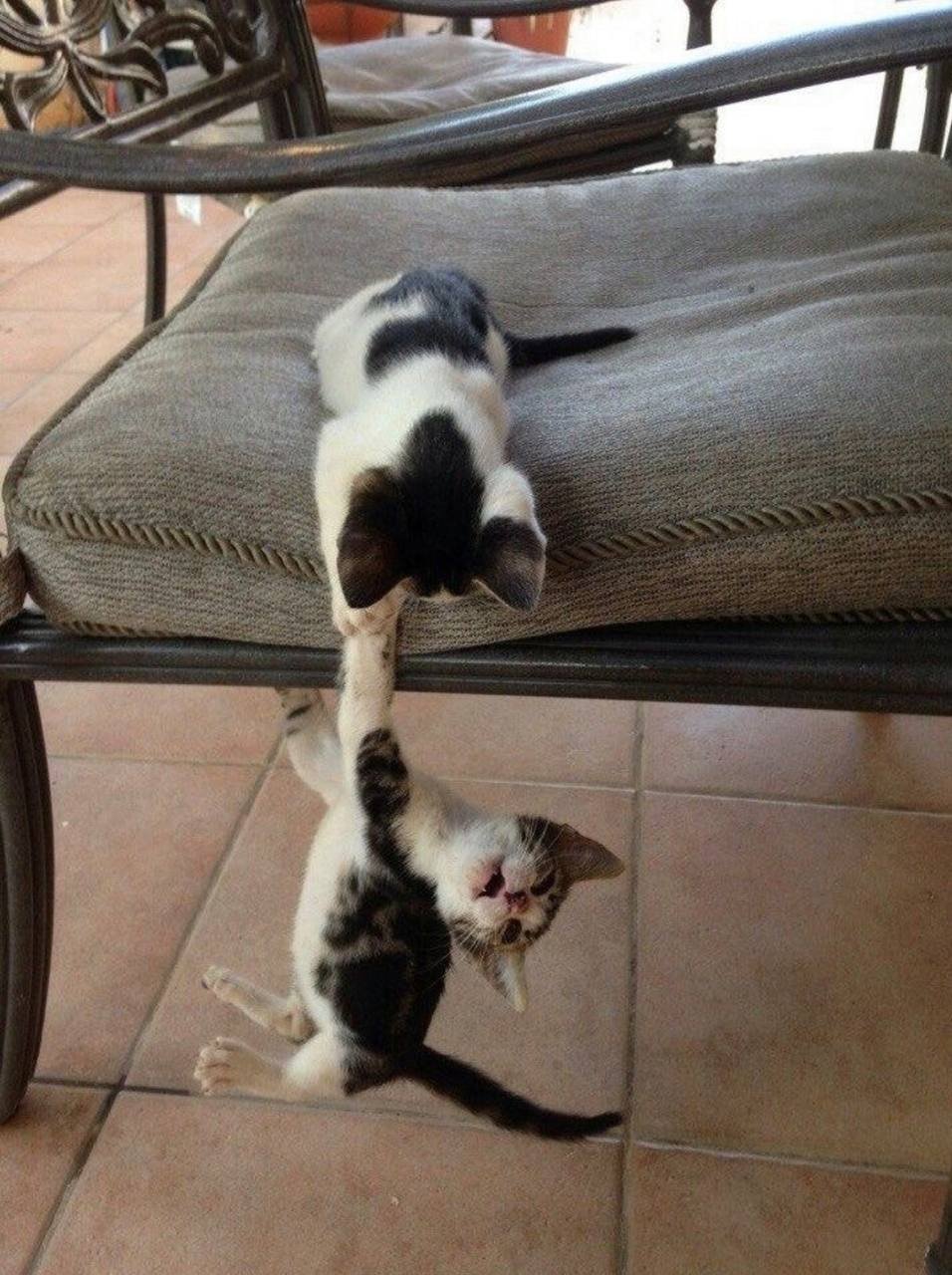Views: 98

When I espoused Bambu, my lovable orange cat with arguably the world’s poofiest tail, I was incontinently taken suddenly by the extent of her shellacking. I left all of our snuggle sessions with my hands, arms, and face covered in kitty slaver.
Table of Contents
Like numerous other pussycat parents, I set out to understand why pussycats master us. Then’s some sapience on pussycat shellacking — whether it means that your kitty likes you or there’s an issue that you need to get checked out.
Is It Normal For pussycats to Lick You?
pussycats spend up to 8 of their waking time fixing( and 50 napping), so licking in general is a normal geste for pussycats
Anyone who has been lingo- bathed by a pussycat, will agree that a cat’s lingo is less like a soft sponger. More like a sandpaper loofah. This is because your cat’s lingo is covered in hundreds of bitsy, firm, backward- facing backbones called papillae. These backbones help remove dirt and loose fur from your cat’s hair fleece and cover the fur in slaver to keep your cat cool
Why Do pussycats Lick You?
Scientists haven’t completely figured out the reason why pussycats master people, but then are several possible propositions.
Your cat is expressing her affection for you.
Your cat’s shellacking may be an affiliative geste , which is a friendly, humanitarian geste . maters prepare their gibs, and pussycats may prepare one another, which is called allogrooming. This grooming strengthens their social bonds, so your pussycat may prepare you to nurture your relationship.
Your kitty is seeking attention.
Your cat may have learned veritably snappily that shellacking gets attention, as you have likely inadvertently awarded your cat’s shellacking by talking to, petting, or in some way interacting with them when they master you. Some pussycats indeed find negative attention, like being reprimanded or pushed down, to be better than no attention.
Displaying alley cat-affiliated geste .
Gibs knead and nurse whennursing.However, they may have started licking you as a way to seek the comfort evocative of nursing, If your cat was weaned too beforehand. In this case, your cat may also knead and purr as they master you.
Pussycat likes your taste.
Your cat may master your skin or hair to probe intriguing scents or odors, like an mouthwatering embrocation, soap, or other topical product. mortal perspiration also contains sugar and mariners that pussycats may find charming.
Pussycat is anxious.
Shellacking may represent a relegation geste , which is a geste that a cat performs to palliate stress. Stress more generally leads to inordinate tone-grooming. The shellacking may be directed toward you too.
Determine if there are any triggers for the shellacking, like callers in your home or loudnoises.However, the shellacking may progress to a obsessive geste , at which point the shellacking takes over your cat’s life, If your cat’s anxiety is left undressed.
Your cat has a medical issue.
Your cat may master you and/ or objects in the terrain due to a medical problem. Nausea, pain, or discomfort can lead to shellacking. We discovered that seditious bowel complaint was the cause of herlicking. If your cat’s shellacking is inordinate or just started lately, veterinarian estimate it.
Is It Safe to Let Your Cat Lick You?
Accepting a bath from your pussycat is generally safe, but there are some implicit pitfalls. pussycats carry bacteria in their mouths, which can lead to original or systemic infection if a cat licks an open crack. Immunocompromised people are most at threat. Acquiring a complaint from your cat is veritably rare, but to be safe, do n’t let your cat master your face or any cuts on your skin.
Some medical ointments may also be dangerous to your pussycat whenlicked.However, inform your veterinarian to determine whether the product may be potentially dangerous to your nimble, If you apply any products to your skin or hair.
How To Stop a Cat From Licking You
Whatever the cause of your cat’s shellacking, you may find the shellacking uncomfortable or indeed annoying.
noway use discipline, including scolding, swooshing water, shaking a jar of coins, or applying bitter- tasting spray. This may compromise your bond with your cat and may make your pussycat more anxious, which may complicate your cat’s shellacking.
Then are some tips to minimize the shellacking
Cover your skin with long- sleeved apparel or a small kerchief when you interact with them, and give a food mystification or toy.
When your pussycat starts shellacking, get up and walkaway. However, ignoring the shellacking should beget the geste to subside, If your pussycat is licking for attention. Do n’t ignore your pussycat fully, but only when they masteryou. However, there’s likely another provocation for the shellacking that needs to be addressed. You should talk to your warhorse, If it doesn’t stop after a week.
Try tossing a cat toy or treat down from you. When yourpussycat follows the toy or food, also you can get up and walk down.
When your cat interacts with you without shellacking, support the geste by awarding them with praise, petting, or play.
Give your cat plenitude of environmental enrichment. There’s noway too important! Buy a variety of toys. Hide all but 5- 6 toys, and rotate them every many days to produce novelty. Give perpendicular spaces similar as pussycat trees and perches, along with other caching places for your cat. Devote at least 15 twinkles to interacting with your pussycat three times daily.
Veterinarian insure there is n’t a medical or emotional complaint underpinning it. If your cat’s shellacking persists or is inordinate.
Q1: Should I be concerned if my cat licks me excessively?
A1: Excessive licking can indicate stress or an underlying health issue. Consult with a veterinarian if you observe significant changes in behavior.
Q2: Can I train my cat to stop licking me if it becomes bothersome?
A2: Yes, gentle redirection and positive reinforcement can be used to modify behavior. Consult with a professional for guidance.
Q3: What if my cat suddenly stops licking me?
A3: Changes in behavior should be monitored. If your cat stops licking suddenly, observe for any signs of illness or stress.
Q4: Is it safe for my cat to lick my face?
A4: While generally safe, be mindful of any allergies or skin sensitivities. Wash your face regularly and consult with a healthcare professional if needed.
Q5: Can I reciprocate by licking my cat?
A5: While it may amuse some, most cats may find it uncomfortable. Stick to more conventional forms of bonding and communication.


EXCELENT JOB